

Digital transformation and the legacy of the global outbreak in real estate
Hundreds of FIABCI members and real estate professionals from around the world attended the FIABCI Real Estate Days, which aimed to provide the participants with an added value proposition, following the cancellation of the FIABCI World Real Estate Congress held annually at the end of May/beginning of June.
The three-day virtual event was held from June 1 to 3 and focused on the digital acceleration in the real estate industry driven by the global outbreak.
Day 1
Digital transformation and the legacy of the global outbreak in real estate
Delivered by Prof. Andrew Baum, Professor of Practice at the Saïd Business School, University of Oxford, the keynote speech laid emphasis on several questions, from why this time is different to the main challenges that global real estate businesses face, PropTech, and how real estate professionals engage with technology.
“The key message is there are three drivers of change which are coinciding, and which have never had such an impact on the real estate market before.”, Prof. Baum said, referring to the fourth industrial revolution, healthy (smart buildings), and climate change.
These drivers are “unusually demanding on real estate people” and “the time now is set for significant change on the real estate market”. Yet, he adds, this time is different. Why? These three things are creating a change agenda that everyone needs to grapple with. Real estate is getting the attention it deserves from the government (it is the ultimate impact asset).
The issues the COVID crisis has thrown at us are: “How has the crisis hit the real estate market and real estate businesses?”; “Are tenants worst affected, or are some landlords in trouble too?”; “What long-term changes in the real estate industry will be accelerated or created by the crisis?; “What good will come from the COVID crisis?”.
Is data in real estate the next ethical scandal?
The second and final session of the day was a panel discussion led by The Real Estate Data Foundation, which is an initiative set up to ensure the real estate sector benefits from increased use of data, avoids some of the risks that this presents, and is better placed to serve society.
Featuring guest speakers Yusra Ahmad - D&T Director, Global Data and Internal Technology GWS at CBRE, Sue Chadwick, Research Fellow at theODI.org, and Sanjaya Ranasinghe, Technical Director, WiredScore, the thought-provoking discussion dove into subtopics such as “What is data ethics and why now?”, “What do we currently do with data?”, “How should we behave when using data?”, “What are the next steps in both the short and long term?”, and “Can we avoid a potential ethical scandal?”.
Peter Bolton King, a multi-disciplined property professional with over 45 years of experience, moderated the panel on behalf of the RED Foundation, partner of this session.
Day 2
Reshaping Associations - The Impact of the Pandemic on Membership Models
The day started with a presentation dedicated to the FIABCI Direct Members and Principal Members, with the goal to offer relevant content for both the Chapter Leadership and affiliated associations amidst the complex context we’re all facing.
Belinda Moore, Managing Director, Strategic Membership Solutions, discussed how the gradual shift from traditional membership models to more contemporary community membership models has accelerated with the pandemic. Moreover, she covered the major factors impacting change, the range of different membership model options available, and how associations are adapting to the new operating environment.
Robyn Waters, FIABCI World President 2014-2015 then moderated a live Q&A session with the audience.
Sustaining operations and improving profitability in the Covid-19 environment: Lessons learned from two case studies
Afterward, Ir. Dr. Wang Hong Kok, Vice President, The Institution of Engineers Malaysia (IEM), 2019-2021, delivered a presentation about time-tested strategies on how to face the serious setback caused by the COVID-19 Pandemic and shared with the audience two case stories of companies he has previously resurrected from the brink of collapse.
Day 3
Emerging technologies facilitating legal transactions of the real estate industry
Can technologies facilitate real estate legal transactions? From the times when real estate was a local investment to the current times when it has crossed borders, investors face challenges such as legal certainty and reliability of operations in the context of different legal systems. Technology is gradually being introduced into real estate. Its use, the management of data and information on title, charges, and planning, as well as access to online services, are key elements in the successful use of technology in real estate. From civil law jurisdictions to common law jurisdictions, real estate information management systems and compliance mechanisms are different. The insurance sector shall perhaps accompany in this process, guaranteeing the information and the transaction, but also the professionals of the notary's office and property registries must accompany. Are all these professionals aligned in facilitating the use of new technologies? Are such technologies in place?
These questions were the starting point of the first panel discussion on the last day of the FIABCI Real Estate Days. In partnership with The Law Firm Network, the session included the participation of the moderator Rafael Truan Blanco, Executive Director, The Law Firm Network, Georgia Lavithi, Lawyer, LLPO Law Firm, Nick Burrows, Chairman & Partner, Blandy & Blandy, and Trea McGuinness, Senior Associate, BHSM LLP Solicitors.
Leveraging our resources for a healthier and resilient community worldwide
Last but not least, an impressive line-up of international experts including Eduardo Moreno, Head, Knowledge and Innovation, UN-Habitat, Kalin Bracken, Lead, Real Estate, World Economic Forum, Sujit Mohanty, Chief, UNDRR Regional Office for the Arab States, and Hazem Galal, Partner Global Leader for Cities & Local Government, PwC Middle East concluded the professional program of the event with a discussion on how to build healthier, more resilient cities after the global health crisis. A more detailed summary of the session can be found here.
In addition to the professional program, the FIABCI Real Estate Days also featured the traditional Transition Ceremony and the World Prix d’Excellence Awards winners announcement.
We thank our Global Partners, Event Partners, guest speakers, and participants for helping make the FIABCI Real Estate Days a success.


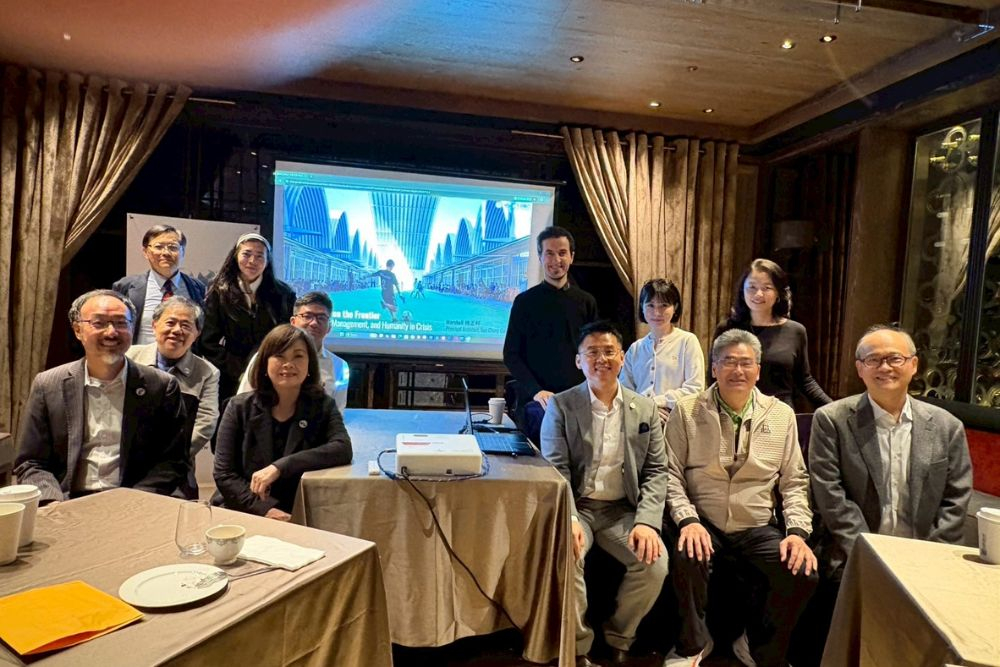
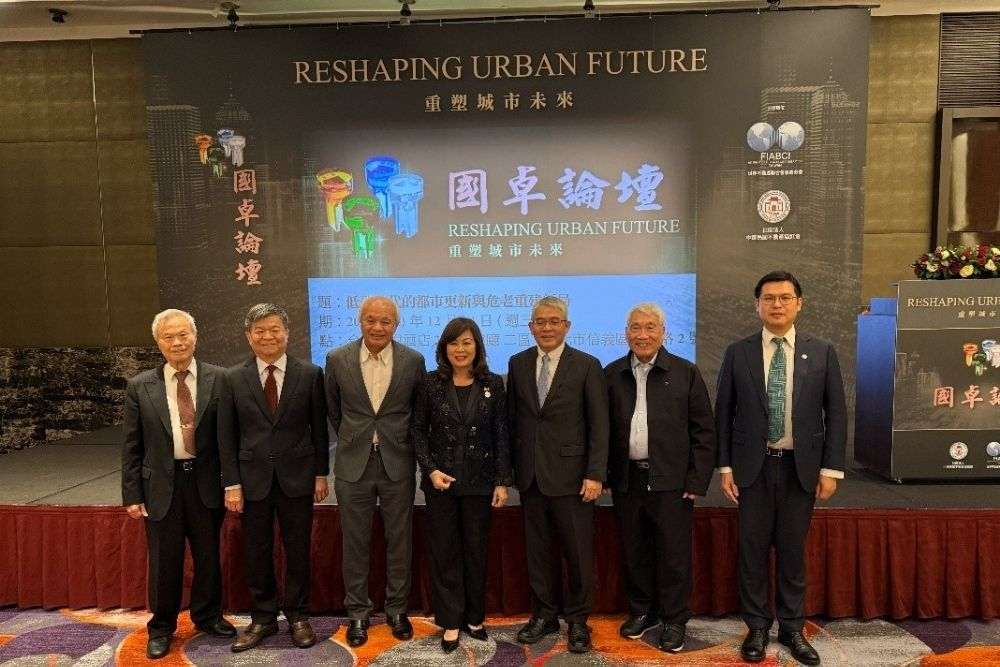
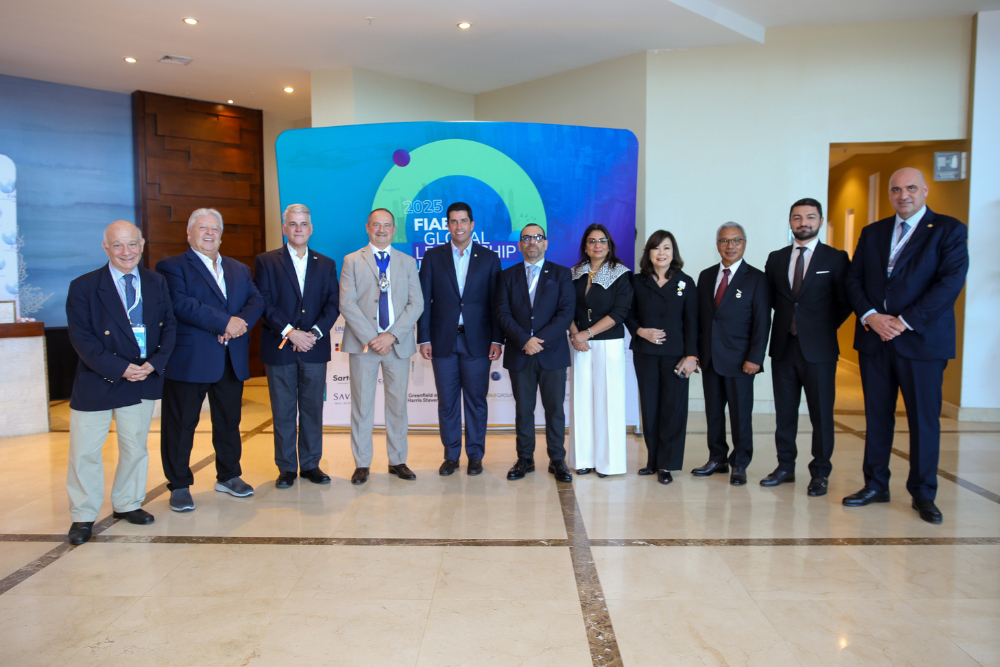
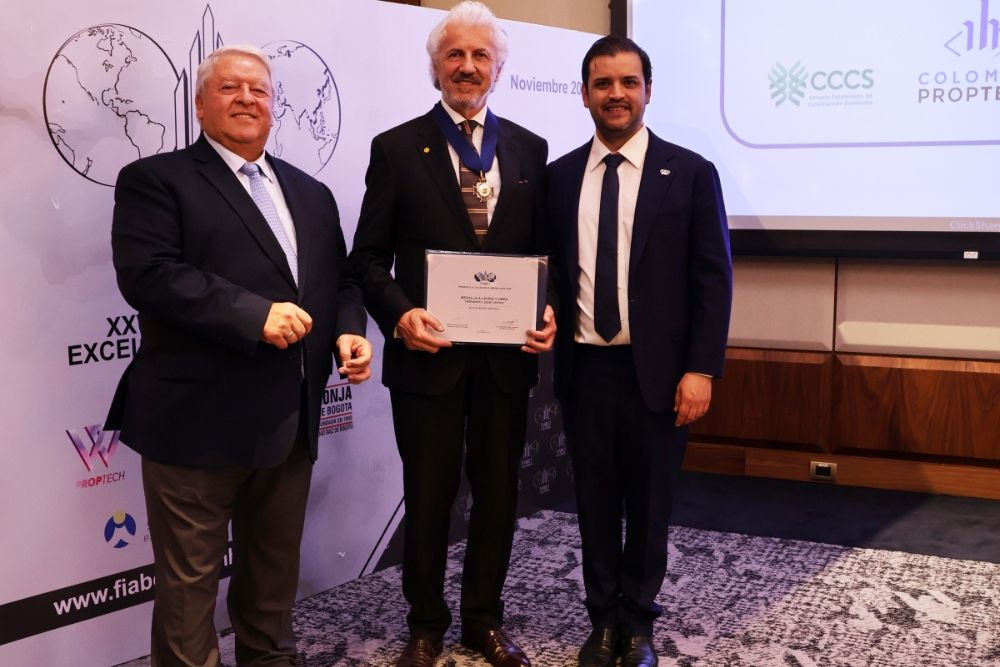

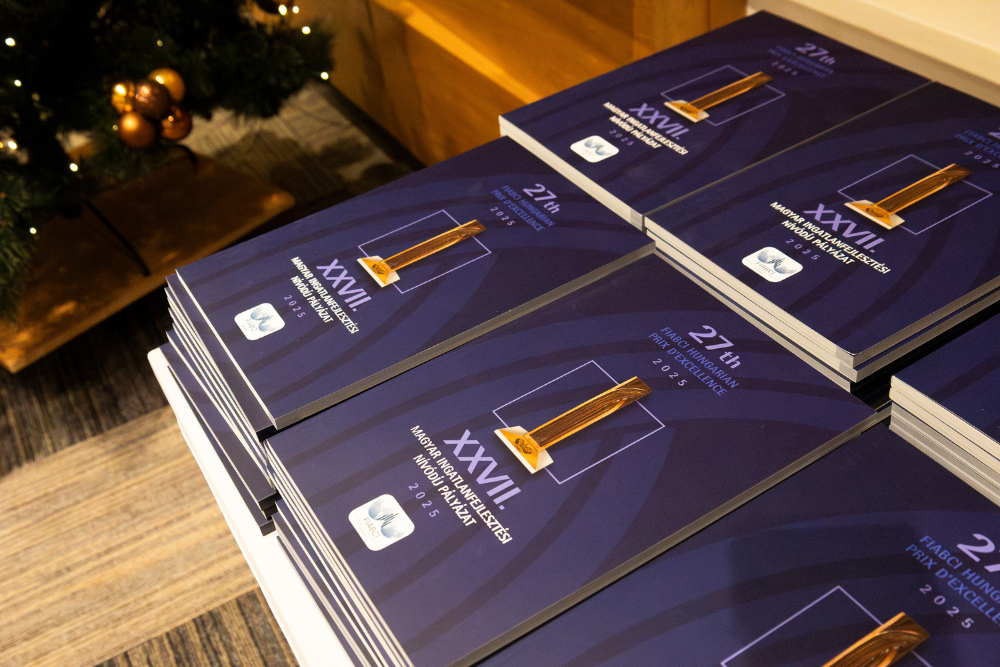
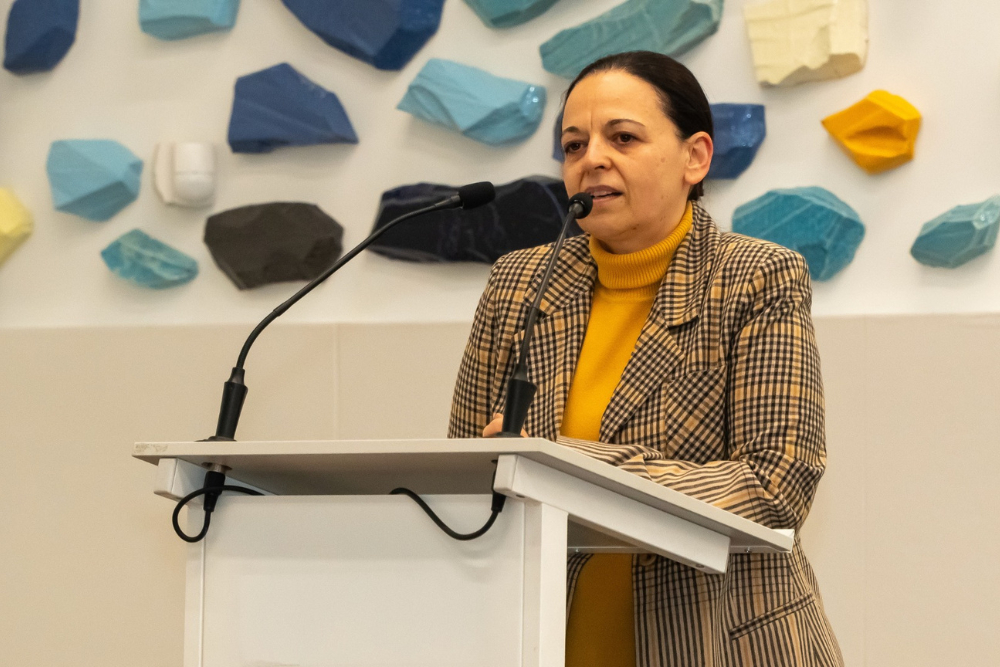
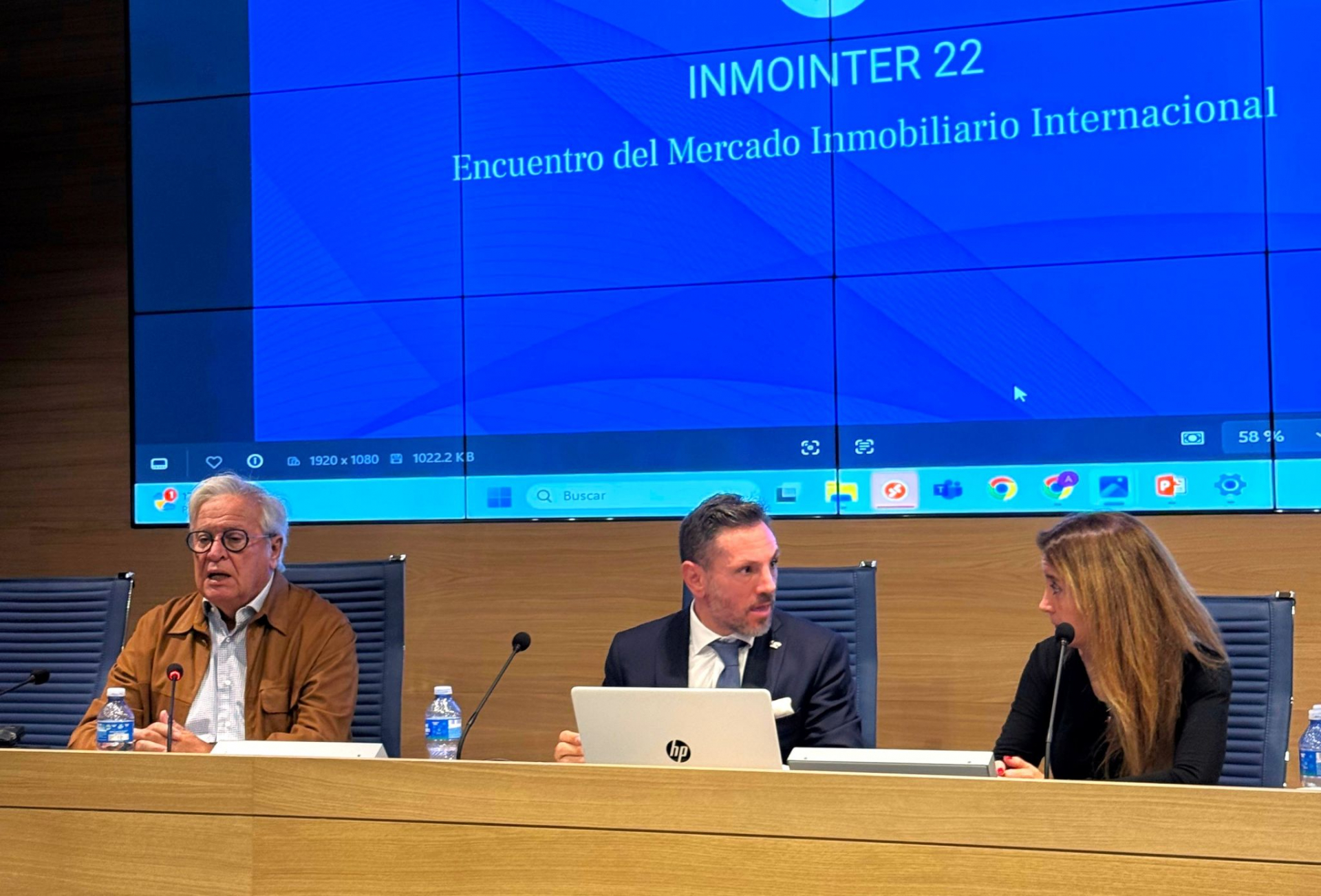
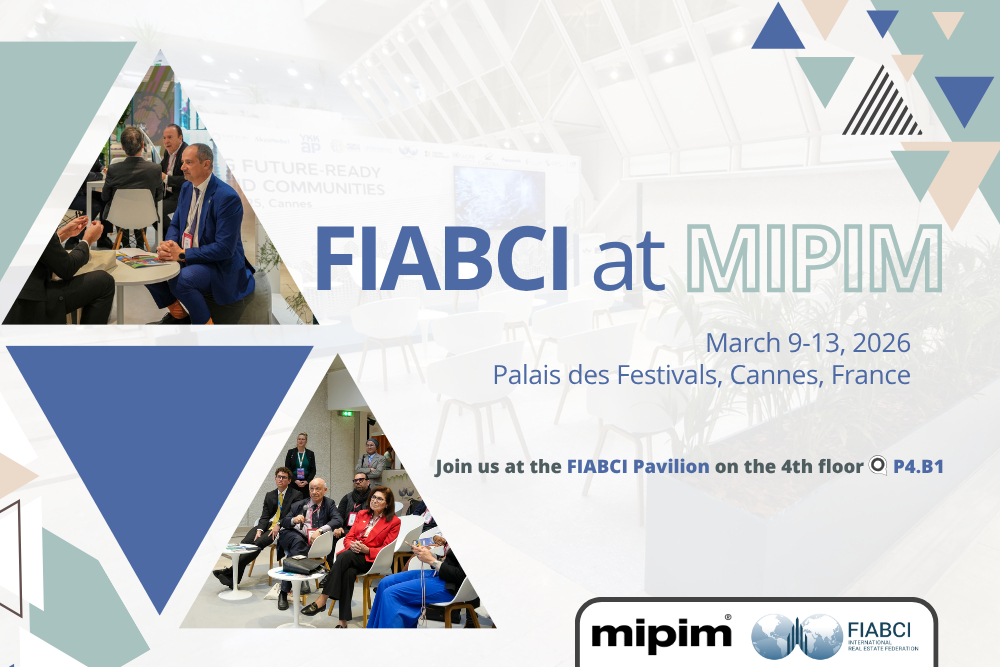
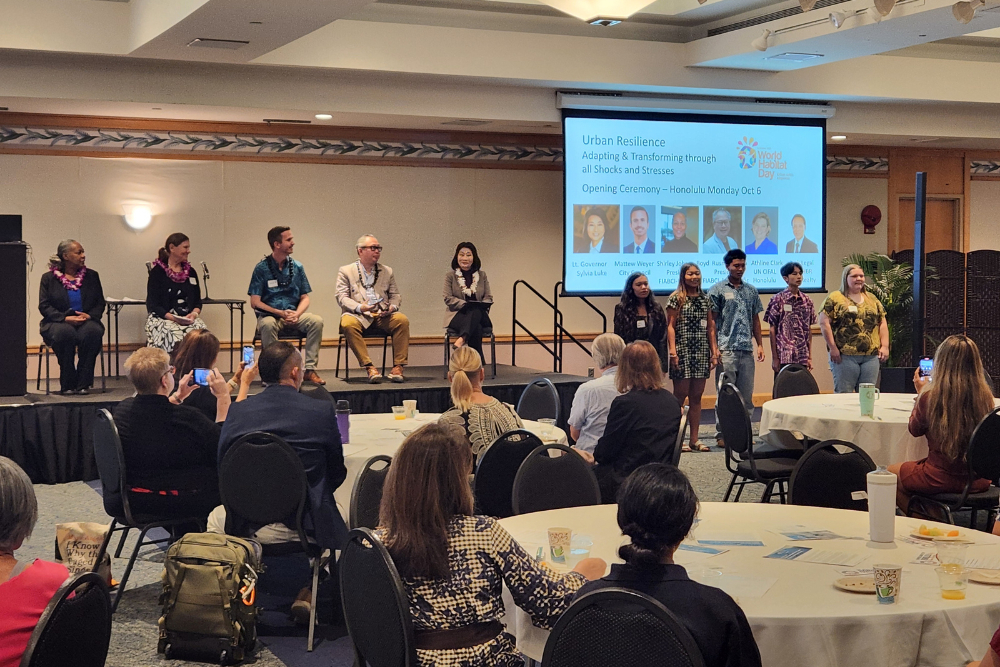


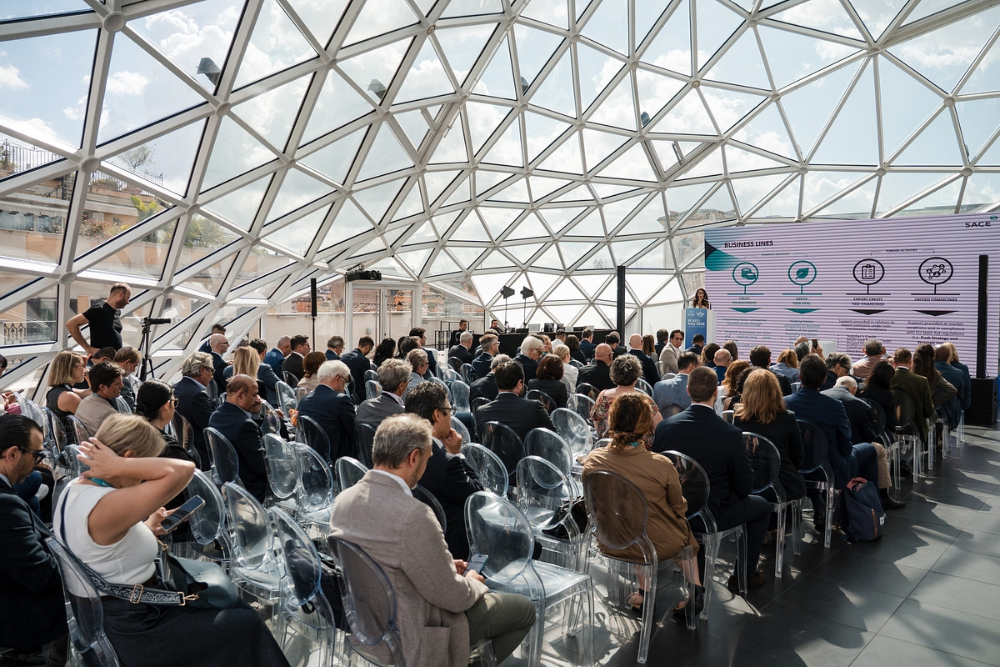
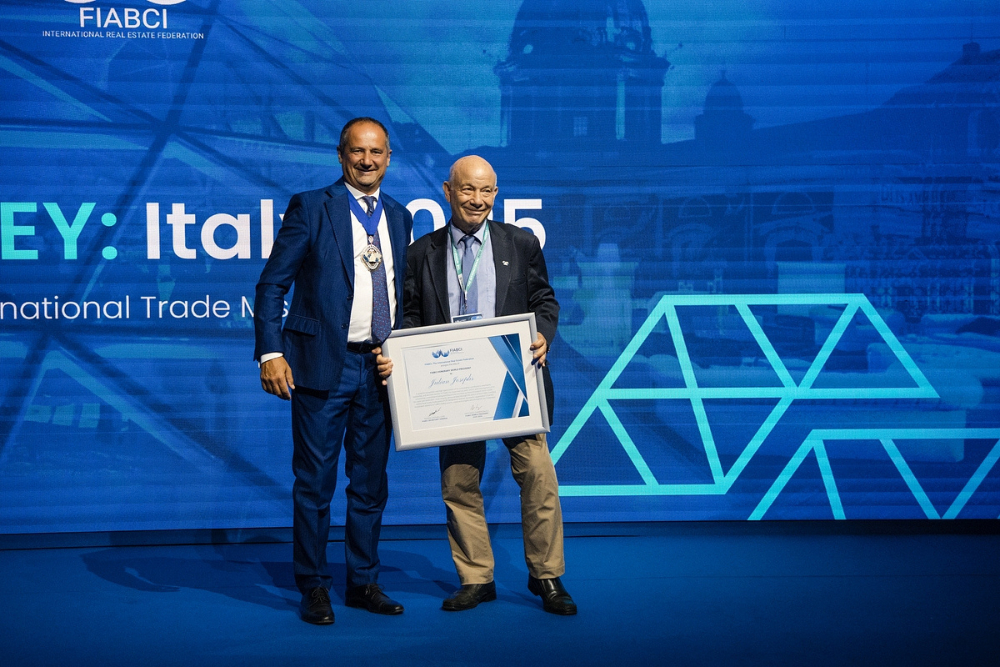
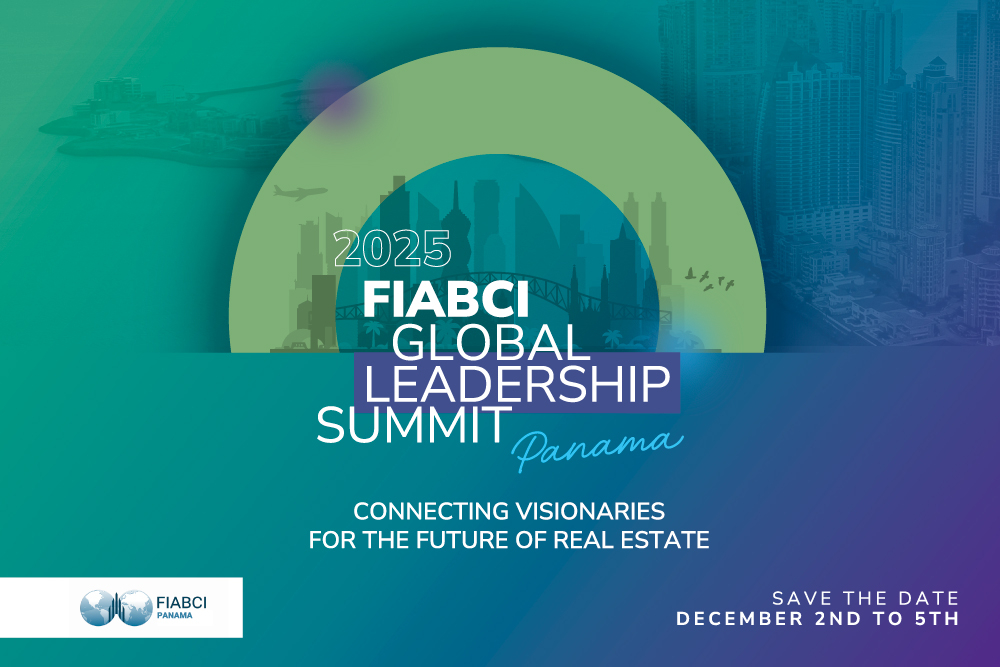


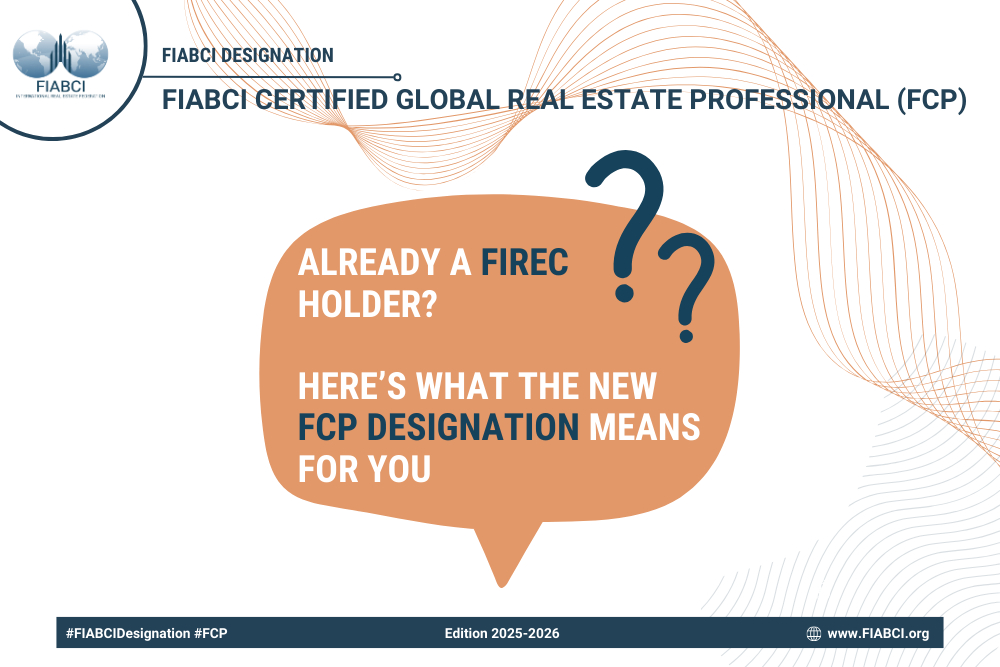
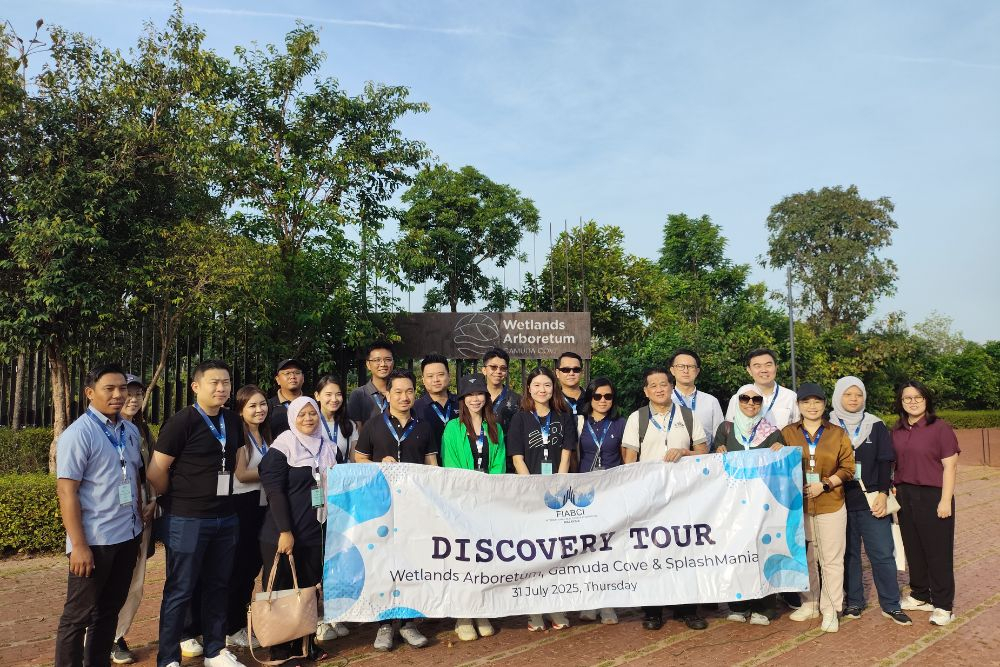
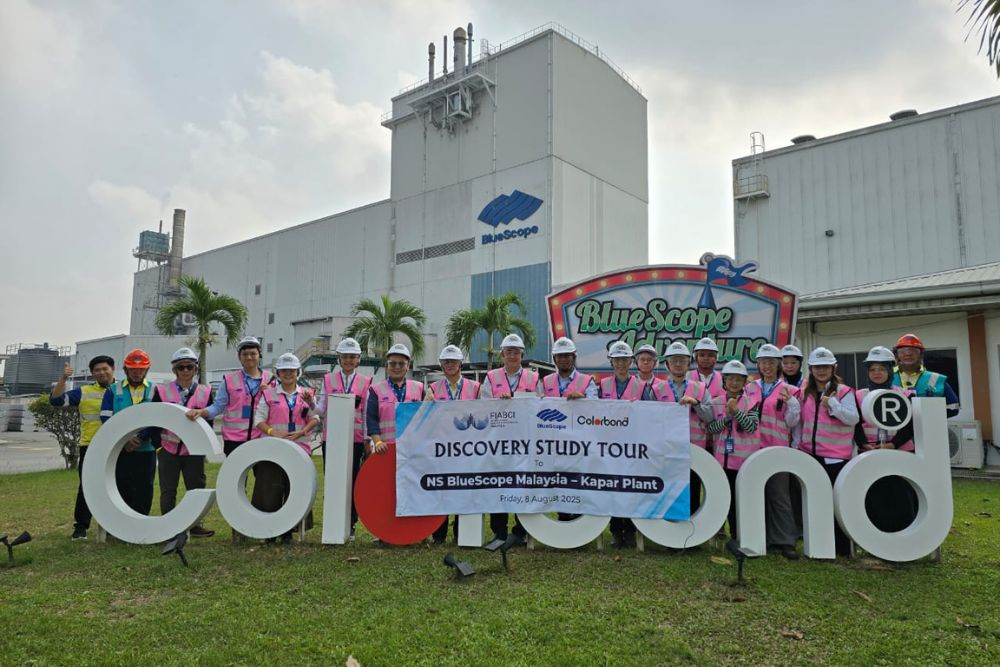





















































































































































































































































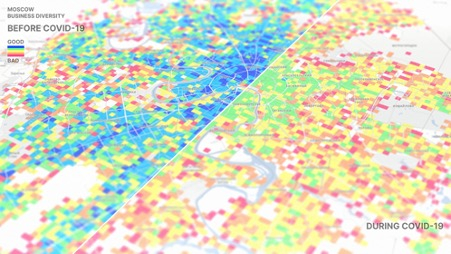











































































![[Webinar Summary] COVID-19: What lies ahead for the Real Estate Industry?](/uploads/news/9i1w05plq2ksbcswuyj5ze2nr.png)































































































